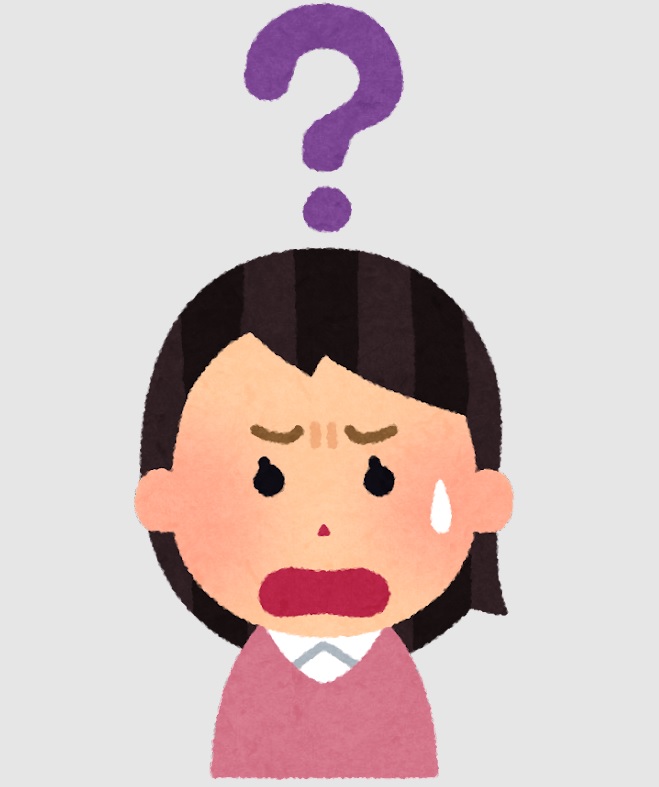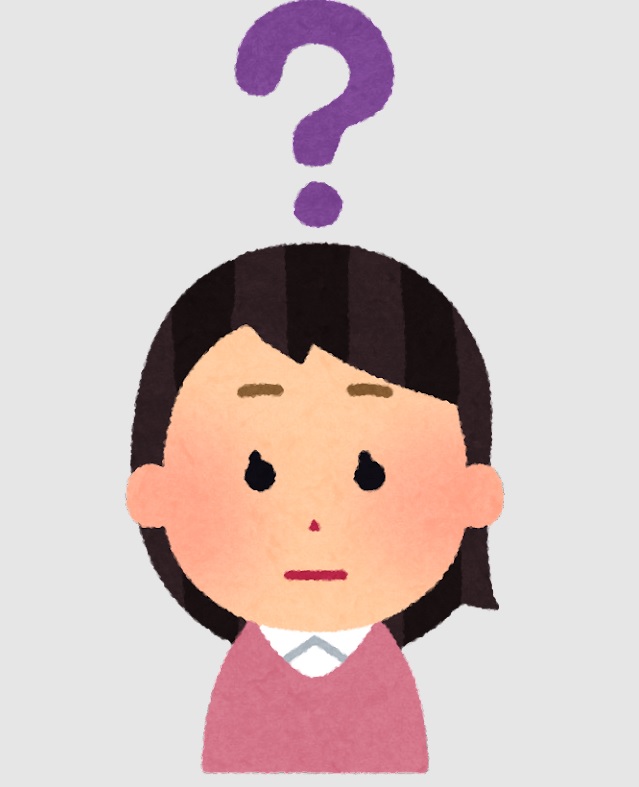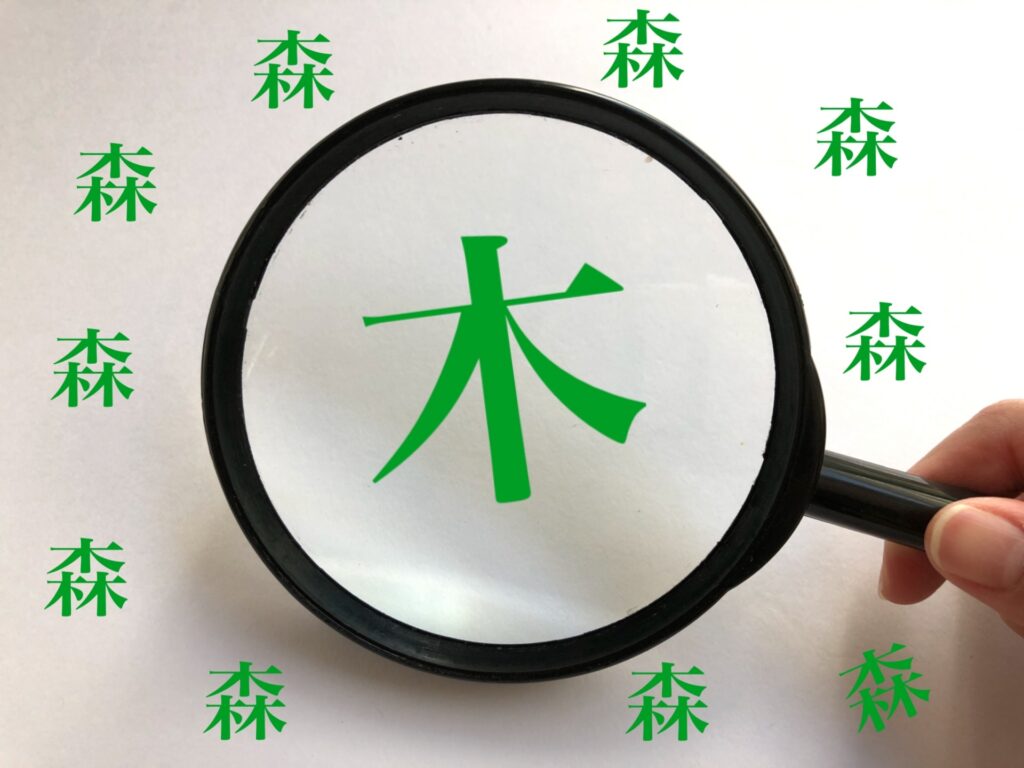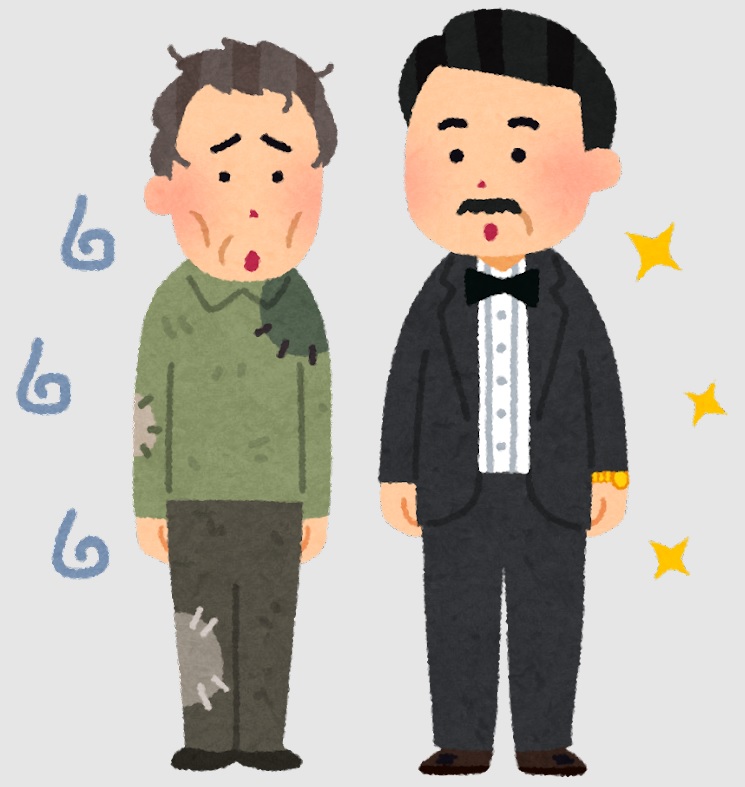「粗悪品|保険と投資、差がわかる金融リテラシー」
〜前回のつづき〜
●Q&A(つづき)

Q4.万が一の時には
保険からお金が借りられるのでは?
A.外資保険であれば
万が一何かお金が必要であれば
仮に500万円積み立てていれば
400万円ぐらいはお金が借りられる
と聞きました。
という人もいます。
自分で積み立てたお金から
借りてどうするのか?
結局は自分のお金ですよね?
しかも
全額お金が借りられる訳ではないです。
100万円積み立ててるから70万円とか
500万円積み立ててたら400万円とか
大体8割前後借りられます。
確かにお金は借りられるんですけど
借りるという事は
金利を取られるんですよ。
自分で積み立てたお金を
自分で借りられて
金利を取られるという。
訳がわからないじゃないですか。
それだったら
貯蓄でいいかなと思います。

Q5.外貨建ての場合円安になったら得するので
外貨建ての資産を持っておきたいのですが・・・
A.外貨が欲しいのであれば
外貨建ての投資信託を買えばいいのであって
保険で積み立てるメリットが
ないんじゃないかと思います。
外貨を持ちたいというのでしたら
一緒ですよね?
外貨建ての資産を持てばいいのであって
ドル建ての債券とかを
持てばいいのではないかと思います。
●保険でお金が増える?まずは疑う目を~金融リテラシーが未来を守る~

なぜ保険に入るのか?
万が一に備えるんだったら
掛け捨て保険に入ればいい。
投資をするんだったら
素直に投資信託を買えばいい。
保険に入っておいた方が
増えると聞いて
どうせだったら

「お得だから入っておいた方がいいんじゃないか?」
と考える人間というのは
搾取される側の考え方です。

「保険でお金が増えるって変じゃないか?」
と違和感を感じてもらえるようになってきたら
金融リテラシーが上がってきている証拠です。
貯蓄性の保険商品の性質を知る
というのも大事です。
色んな難しい事が書いてあるんですけど
自分が理解出来ない商品というのは
基本的に買わないという事が大事です。

(出典:https://urerugift.com/column/中小企業の社長が「木を見て森を見ず」だけでは)
あとは
『木を見て森を見ず』というのが多くて
保険商品の中で
利回りがいい商品を
一生懸命探す人もいます。
貯蓄性の有る保険商品の場合
結局全部投資として見た場合

『粗悪品』なんですよ。
悪い商品が並んでる中で
何を選んでも結局粗悪なんだから
・メチャクチャ粗悪
・そこそこ粗悪
みたいな。
選ぶ場所自体を変えないと
悪い商品が並んでるボッタクリ商店で
何を選んでも粗悪な商品だという事です。
掛け捨て保険は
意味が有るんです。
保険自体がダメと言ってるのではなくて
掛け捨て保険は
ちゃんと本来の意味があります。
なのでちゃんと
上手に使っていくという事です。

・保険は保険
・投資は投資
『混ぜるなキケン!』
です。
分けて考える。
一緒に考えたら割高で高くつきます。
なぜ保険に入るのか?
本当の意味を見失わないようにする
というのが大事なことです。
●まとめ
・外貨建ての生命保険の場合
どの国の通貨がいいのか?
→結論は全部不要
・Q&A
Q1.保険に入らずに
若い時に死んだらどうするんですか?
→掛け捨て保険で十分
Q2.積立保険は自分の為ではなく
家族に残すものなのでは?
→普通に貯蓄か投資でいい
Q3.保険料控除になるからお得なのでは?
→年間8万円以上は控除にならない
Q4.万が一の時には
保険からお金が借りられるのでは?
→確かにお金は借りられるが金利を取られる
Q5.外貨建ての場合円安になったら得するので
外貨建ての資産を持っておきたい
→外貨建ての資産を持てばいい
・なぜ保険に入るのか?
→万が一に備える
Special Thanks college president Ryo.

●おまけ
≪≪Chat-GPTくんによる要約→perplexityちゃんによる文章まとめ≫≫
外貨建て保険や貯蓄性保険商品には多くの問題があります。これらの商品は投資としては効率が悪く、本来の保険の目的から逸脱しています。
保険の本質は万が一のリスクに備えることです。若年層の死亡リスク対策には掛け捨て保険で十分であり、資産形成は通常の貯蓄や投資で対応できます。保険料控除のメリットも限定的で、保険からの借り入れは金利負担が発生するため非効率的です。
重要なのは金融リテラシーを高め、商品の本質を理解することです。複雑な保険商品は安易に購入せず、「保険は保険、投資は投資」と割り切って考えるべきでしょう。外貨建ての資産を持ちたいなら、保険ではなく直接投資を検討するのが賢明です。
結論として、保険は本来のリスク対策に特化し、資産形成は別の手段で行うことが推奨されます。
Citations:
[1] https://www.daijob.com/guide/arimoto/グローバル人材向け金融リテラシー/
[2] https://www.metlife.co.jp/about/contents/money-guide/c-22-warm2/
[3] https://www.sonposoken.or.jp/portal/item/bk75014/
[4] https://www.bk.mufg.jp/column/shisan_unyo/0040.html
[5] https://www.nikkei.com/article/DGXZQOUB03B6W0T00C24A4000000/
[6] https://www.kumamotobank.co.jp/personal/service/seimeihoken/knowledge/shushinhoken/
[7] http://www.nicmr.com/nicmr/report/repo/2000/2000aut13.pdf
[8] https://www.nikkei.com/article/DGXZQOUB198160Z10C23A5000000/
≪≪Chat-GPTくんによる英訳≫≫
~Continued from the previous discussion~
【Q&A (Continued)】
Q4. Can I borrow money from my insurance in case of an emergency?
A. In the case of foreign insurance, if you need money in an emergency, you can borrow about 80% of the amount you’ve accumulated. For example, if you’ve saved 5 million yen, you can borrow around 4 million yen.
However, you are essentially borrowing your own money, which doesn’t make much sense. Plus, you’re not able to borrow the entire amount. If you’ve accumulated 1 million yen, you can borrow about 700,000 yen. If you’ve saved 5 million yen, you might be able to borrow around 4 million yen.
While it’s true that you can borrow money, borrowing means you’ll be charged interest. So, you’re borrowing your own money and paying interest, which seems irrational. In that case, it might be better to just save the money directly.
Q5. If the yen depreciates, I could benefit from holding foreign currency assets, so I want to have foreign currency insurance.
A. If you want foreign currency exposure, it’s better to invest in foreign currency-denominated investment trusts. There’s no real advantage in saving through insurance.
If you want to hold foreign currency, it’s basically the same thing—you should hold foreign currency assets or invest in dollar-denominated bonds instead of using insurance.
—
【Can insurance increase your money? Start with a skeptical eye – Financial literacy protects your future.】
Why do we buy insurance?
If it’s for emergency preparedness, opt for term life insurance.
If you’re investing, simply buy investment trusts.
Some people think they should buy insurance because they hear it helps grow their money, and they believe it’s “cheaper” or “better.” This is the mindset of someone who’s being exploited.
If you start to feel that “growing money through insurance seems strange,” that’s a sign your financial literacy is improving.
It’s important to understand the nature of savings-type insurance products. There are many complicated details, but if you don’t understand a product, you should generally avoid buying it.
(Source: https://urerugift.com/column/中小企業の社長が「木を見て森を見ず」だけでは)
—
Many people focus on finding the best return among insurance products. However, when it comes to savings-type life insurance, all of them are essentially “bad products” when viewed as investments.
In a store full of bad products, choosing one won’t make any difference. Whether it’s a really bad product or a somewhat bad product, it’s still a bad choice.
If you don’t change the place where you’re choosing, you’ll always end up with a bad product, like picking from a rip-off store.
However, term life insurance does have real value.
I’m not saying insurance itself is bad, but term life insurance has a proper, meaningful purpose.
The key is to use it wisely.
—
Insurance is insurance.
Investing is investing.
“Do not mix them!”
It’s important to think of them separately. If you mix them together, it will be more expensive and less effective.
Why do you buy insurance?
It’s crucial not to lose sight of its true purpose.
—
【Summary】
– Foreign currency-denominated life insurance: Which currency is best?
→ The conclusion is, it’s unnecessary.
– Q&A Summary:
Q1. What if I die young and didn’t get insurance?
→ Term life insurance is enough.
Q2. Isn’t a savings-type insurance meant to leave money to my family?
→ Regular savings or investment is sufficient.
Q3. Isn’t it beneficial because of the insurance premium deduction?
→ The deduction does not apply to amounts over 80,000 yen annually.
Q4. Can I borrow money from insurance in case of an emergency?
→ Yes, you can borrow money, but it comes with interest.
Q5. If the yen depreciates and I could profit, shouldn’t I have foreign currency-denominated assets?
→ You can hold foreign currency assets directly instead.
– Why do you buy insurance?
→ To be prepared for emergencies.
Special Thanks OpenAI and Perplexity AI, Inc

